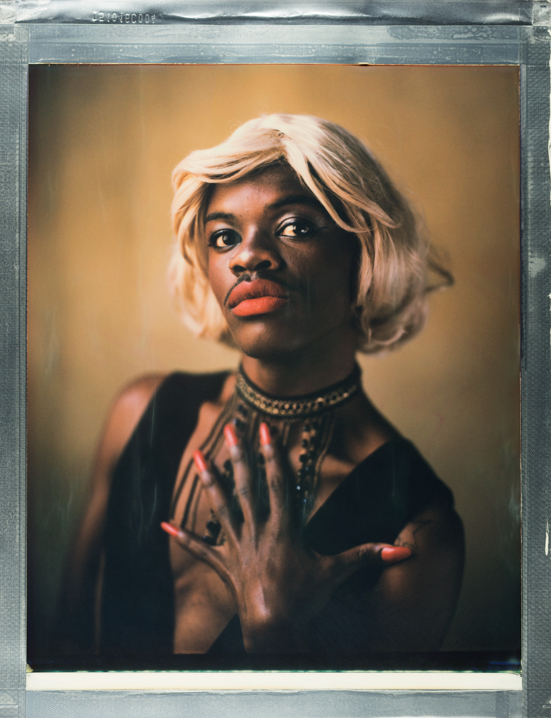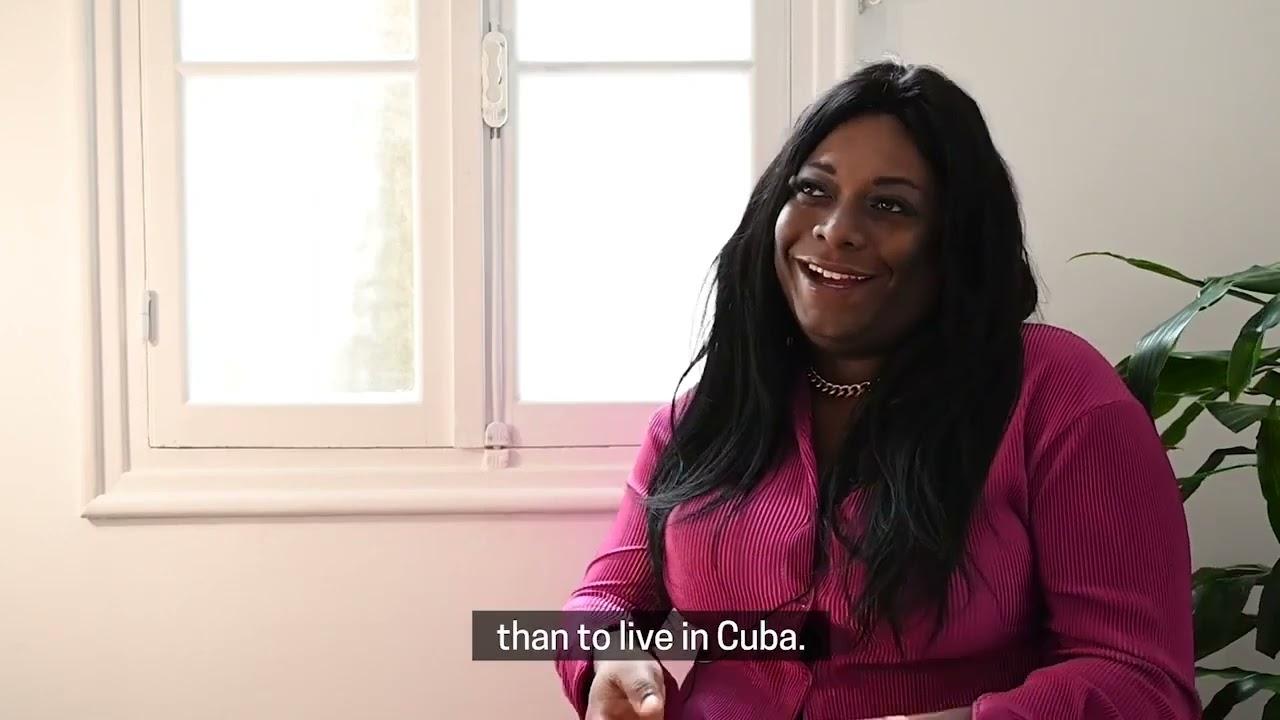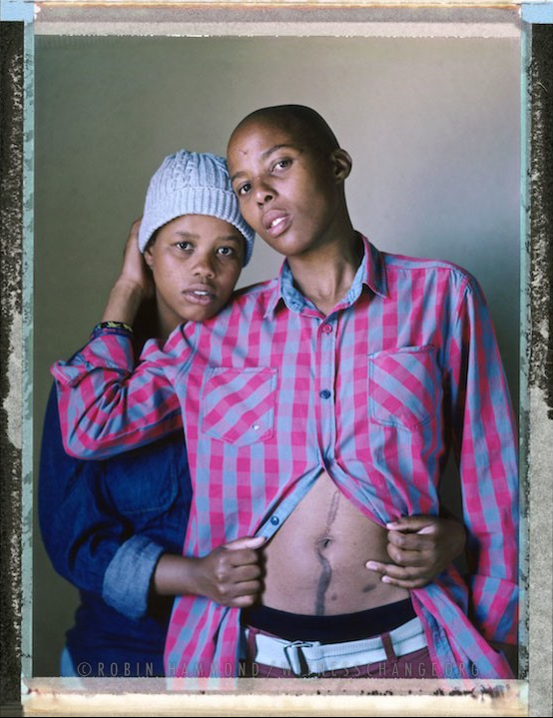Doctors Without Borders (MSF) Southern Africa Statement
Here at Doctors Without Borders (MSF), our stance is clear: no one should be denied access to medical and mental health care simply because of who you are or who you love.
In many of the places where we work, LGBTQI+ people are criminalised, discriminated against by healthcare providers, and denied access to care. These barriers can be fatal, leading to increased rates of treatable diseases–and death.
That’s why we're working to break down barriers to care through our LGBTQI+ inclusion project. Making care more inclusive isn’t just the right thing to do - it saves lives.
This Pride Month, and every month, Doctors Without Borders is committed to providing respectful and dignified care for the people who need it most—regardless of race, religion, gender identity, or sexuality. Do you stand with us?

Where Love Is Illegal
Where Love is Illegal is a global storytelling platform that shares personal stories of discrimination, persecution, and survival from LGBTQIA+ individuals around the world. The project highlights the challenges faced by people who are oppressed due to their sexual orientation, gender identity, or expression, particularly in regions where homosexuality and non-heteronormative identities are criminalised or heavily stigmatised.
Founded by photographer Robin Hammond, the initiative uses powerful photographs and narratives to amplify the voices of marginalised LGBTQIA+ communities. It aims to raise awareness, foster empathy, and encourage solidarity in the fight against hate, discrimination, and violence. The project is also part of the nonprofit organisation Witness Change, which focuses on human rights and providing a platform to people whose voices are often ignored.
Despite gains made in many parts of the world, lesbian, gay, bisexual, transgender, queer, and intersex (LGBTQI+) people are, in some regions, increasingly persecuted and denied basic human rights. Because bigotry thrives where we are silenced by fear, Where Love is Illegal created this space for people to share stories of discrimination and survival. Read these stories, share them, and contribute your own. Let the world know that we will not be silent.
SUPPORT OUR EFFORTS FOR INCLUSIVE HEALTHCARE

Recognising LGBTQI+ colleagues and patients in honour of Pride Month
MSF has worked with LGBTQI+ populations in many settings, with key populations programming for HIV and Sexual and Reproductive Health (SRH) interventions over the last 25-30 years. Homosexuality is criminalised in many countries in which MSF works, which leads to high levels of stigmatisation and discrimination against the LGBTQI+ community.
Unfortunately, there is also a significant knowledge gap and often cultural and religious bias when LGBTQI+ self-identified persons seek healthcare, including in MSF facilities. Initial responses from health and medical providers can significantly impact future health-seeking behaviour of LGBTQI+ persons, leading to neglect of disease or illness for fear of discrimination, incompetent care of LGBTQI+ specific needs, breach of confidentiality that might endanger patients, minimizing health care needs, and denial of structural sexual and physical violence.

Providing Inclusive Care for Trans People in Greece
In many of the places where we work, lesbian, gay, bisexual, transgender, queer, and intersex people are often marginalised and denied access to health care. We provide medical care and psychological counselling to survivors of sexual violence and other forms of abuse, assault, and torture. For example, we provide care for refugees and asylum seekers in Greece, who fled the dangers in their home country only to face new threats trapped in overcrowded camps.
In Mexico, we see many LGBTQI+ people among the refugees and migrants fleeing Central America. We also work with community leaders on health promotion efforts. In Mozambique, we have run a project to promote HIV testing and treatment with peer educators reaching out to transgender women and men who have sex with men, among other vulnerable groups.

Introduction to LGBTQI+ Inclusive Care Report
The content of this report comes from a collaborative effort between the LGBTQI+ Inclusion TIC and organisations serving the LGBTQI+ community with a local scope in or near MSF project areas. The goal was to understand how these organisations provide the LGBTQI+ community with inclusive healthcare services in varying cultural, political, and security contexts. The information collected comes directly from people working with the LGBTQI+ community and who are often members of the community themselves.
